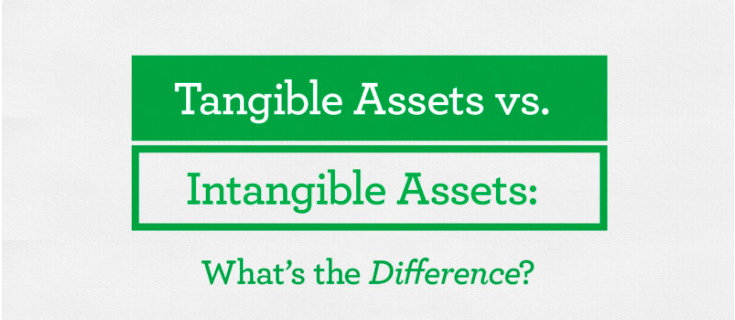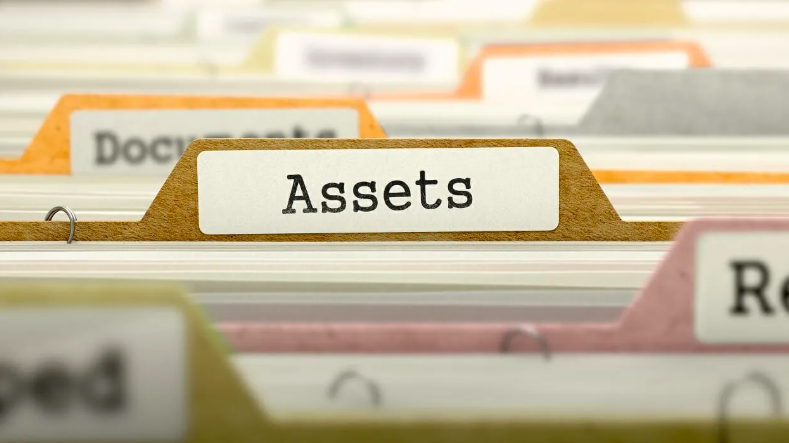
Understanding Rental Valuation Before Buying for Investment
One of the main reasons people invest in real estate is to earn consistent rental income. However, not all properties are guaranteed to generate strong returns. Before you make a purchase, it’s crucial to understand rental valuation—a process that helps determine how much rent a property can realistically earn in the current market.
Whether you're investing in a single apartment or a block of flats, rental valuation helps ensure you're making a profitable decision, not just an emotional one.
What Is Rental Valuation?
Rental valuation is the process of estimating the fair rental value of a property, based on factors like:
Location
Property type and size
Condition and amenities
Current market demand
Comparable rental properties in the area
The result tells you how much rent you can reasonably charge—and whether the property makes financial sense as an investment.
Why Is Rental Valuation Important Before You Buy?
1. To Avoid Overpaying
A property might look great, but if the rental income it can generate is low, it may not justify the purchase price. A valuation ensures you’re paying the right amount for the level of income the property can realistically provide.
2. To Assess Cash Flow and ROI
Knowing the rental value helps you calculate:
Expected monthly income
Expenses (maintenance, management, taxes)
Net income and return on investment (ROI)
If the numbers don’t add up, it’s better to walk away than get stuck with a low-yield asset.
3. To Compare Investment Opportunities
If you’re considering multiple properties, rental valuation allows you to compare them side-by-side:
Which has the highest yield?
Which has better long-term rental demand?
Which location is more stable?
This ensures you choose the best-performing option.
4. To Plan for Property Improvements
If the rental valuation is lower than expected, the report may reveal why—perhaps the property needs upgrades or improvements. This gives you an idea of what to fix and how much value it might add in rental terms.
What Affects Rental Value?
Location: Proximity to transport, schools, markets, and business districts increases rental potential.
Property Type: Duplexes, apartments, bungalows, or shared accommodations all have different rental expectations.
Condition: Well-maintained, clean, and secure properties command higher rent.
Amenities: Features like generators, security, parking, and water supply can raise rental value.
Market Trends: Changes in demand, vacancy rates, and inflation affect how much tenants are willing to pay.
Bonus Tip: Use a Valuer Before You Commit
Engaging a professional estate surveyor and valuer before buying helps you get a reliable rental valuation that’s grounded in data—not guesswork or seller projections.
Conclusion
A smart investor doesn’t just ask “What’s the cost of this property?” They also ask, “What can this property earn me?” Rental valuation is your answer to that question. It helps you avoid costly mistakes, plan your cash flow, and make confident, evidence-based decisions in your real estate journey.

 April 23, 2025
April 23, 2025



